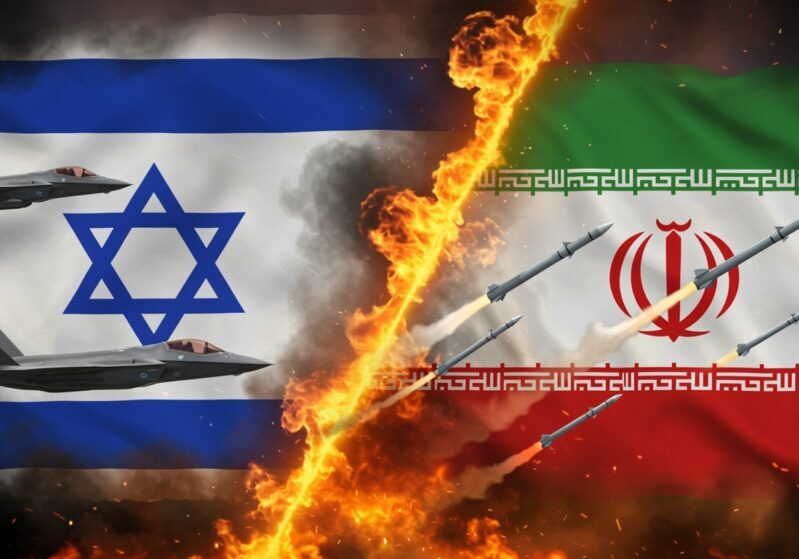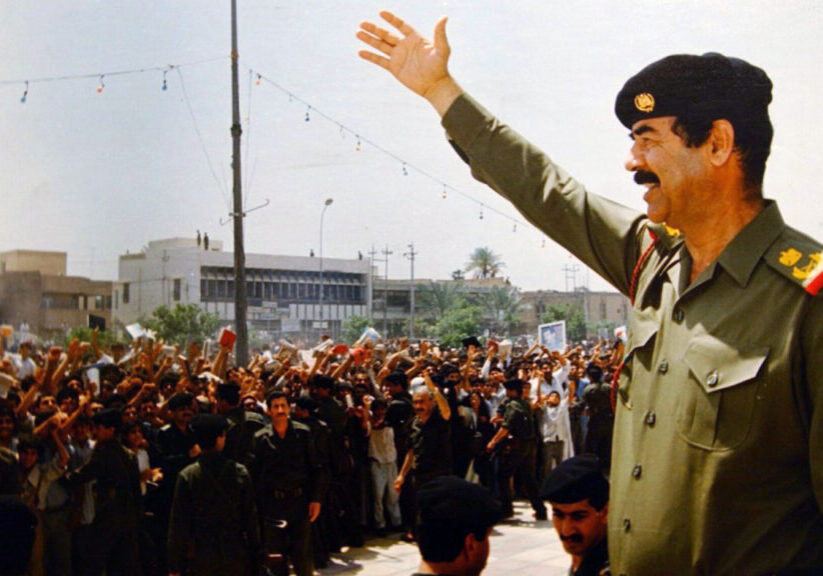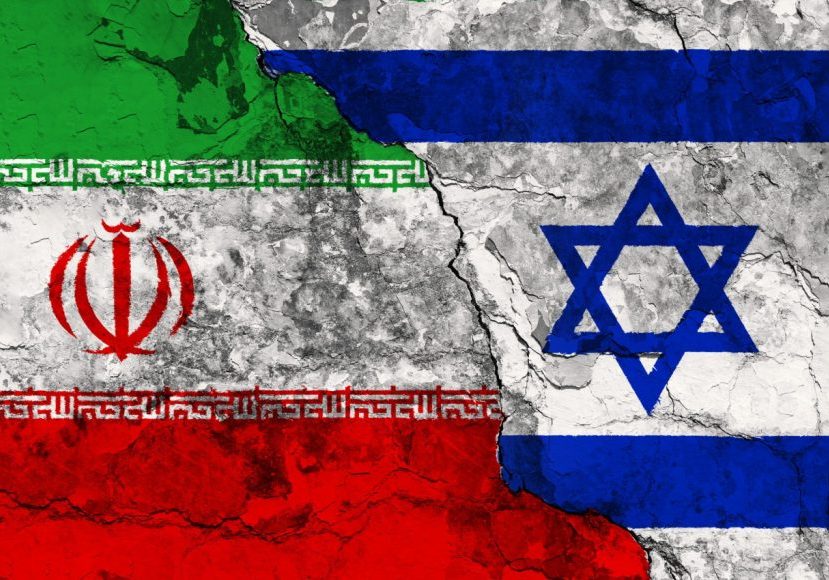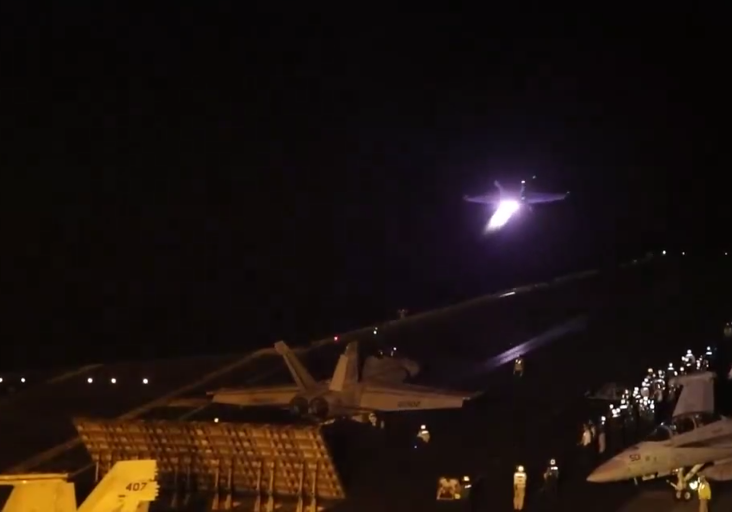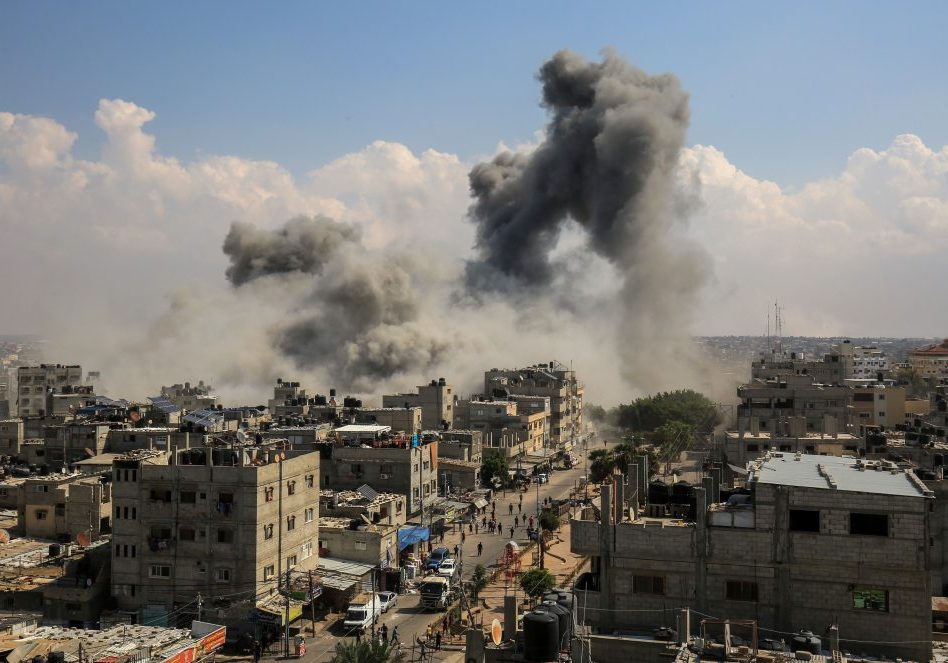Australia/Israel Review
Editorial: Election Fever
Nov 3, 2008 | Colin Rubenstein
By Colin Rubenstein
By the time this issue of the AIR hits readers’ desks, Australians and the rest of the world should, finally, know who will be the next president of the United States. We also now know that shortly after the US president is inaugurated at the end of January, Israelis will also head to the polls to elect a new Knesset and government.
Whether the person inaugurated in Washington is Senator Barack Obama or Senator John McCain, and whoever emerges as prime minister in Israel, it is already clear that the new leadership in each country will immediately face a myriad of challenges.
In both, the current global financial crisis will obviously be at the top of the list. Importantly, the crisis and the steps taken to address it in the US will also have an impact here in Australia. The calling of a G20 summit, scheduled for mid-November, to seek concerted and coordinated international action is a positive development, and Prime Minister Kevin Rudd and Treasurer Wayne Swan’s push for participation beyond the G8, which ensures that Australia has a voice, should be applauded.
At the same time, important as economic matters are likely to remain in coming months, the next US president and other international leaders must not lose sight of the foreign policy and national security challenges facing the US, Australia, Israel and, frankly, the world. Topping this list is the continuing challenge posed by Iran’s pursuit of nuclear weapons. Although the world’s attention has turned, Iran has not scaled back its uranium enrichment efforts and is pushing ever closer to having enough highly-enriched uranium to fuel a nuclear weapon.
It appears there are perhaps 18 months to find a resolution to this issue, meaning it cannot be sidelined while economic measures pre-occupy national leaders.
There is still time to prevent Iran from achieving a nuclear-armed capability. The best way to do that is a carrot-and-stick approach that offers Teheran diplomatic and economic incentives to abandon its program while imposing targeted economic sanctions if it fails to do so. Falling oil prices now make Iran especially vulnerable to such pressure. All of this is the logical extension of the approach that has been pursued by the international community, spearheaded by France, the UK and Germany (the “EU-3”), since 2002.
Given Iran’s continued intransigence in the face of numerous credible offers by the EU-3 and P5+1, the Rudd Government’s decision to join with the US and Europe to impose additional sanctions on Iran outside the UN framework was an important and very welcome step.
The credible threat of military force must also remain as a last resort. Fortunately, both Senators Obama and McCain endorse the fundamentals of this approach and have refused to take the military option “off the table”.
It goes without saying that Iran’s march toward a nuclear bomb – and the existential threat it may pose – will be a major focus of Israel’s election campaign. Most analysts view the election, most likely to occur on Feb. 10, as a two-person/party race between Foreign Minister Tzipi Livni, the newly elected head of the ruling Kadima party, and opposition leader Binyamin Netanyahu (Likud), with the Labor party, led by Defence Minister Ehud Barak, most likely to run a distant third.
In addition to the Iranian threat, whoever becomes Israel’s next prime minister will have to make decisions about how best to pursue the peace process with the Palestinians, even though prospects of success are currently limited given Hamas’ control of the Gaza Strip and its challenge to Fatah’s political dominance in the West Bank. It is important to recognise that contrary to the picture often painted by the foreign media, differences in approach to the peace process between the major parties and their leaderships are ones of degree and tactics, with support for a two-state resolution to the conflict now the dominant mainstream Israeli view. [As an added complication, the Palestinians too have leadership uncertainty, with Palestinian Authority (PA) President Mahmoud Abbas’ term expiring under the PA constitution on Jan. 9, and no clear path available to extend it or select a successor.]
Some Israeli pundits and analysts are calling for a new national unity government, incorporating all three major parties to deal with the Iranian threat, as well as the current economic crisis. This idea may certainly be explored after the election, especially if it also facilitates reforms of the Israeli political system. Livni’s failure to form a new governing coalition after winning Kadima’s primary in September only highlights once again how difficult it has become to form a stable government in Israel, where the political system encourages and rewards small and often single issue parties. No Israeli government has even come close to serving a full term of office since 1996. A different system, with more accountability to specific geographically-based constituents by politicians, might also reduce the sort of corruption and irresponsibility alleged recently against a number of leading politicians.
Finally, New Zealand also goes to the polls on Nov. 8. At press time, the opposition National party, led by John Key, held a narrow lead in polls over Prime Minister Helen Clark’s Labour party, with, not surprisingly, the global financial crisis and a local recession dominating the campaign.
If the National party does win, Key would become New Zealand’s third prime minister of Jewish ancestry and there are hopes that his election might improve Israel’s sometimes cool and unsteady relationship with New Zealand.
While it is understandable that new leaders in each country will want and need to focus on the economic crisis, that attention cannot come at the cost of allowing potentially irreversible and detrimental developments to unfold in the Middle East.
Tags: Iraq

